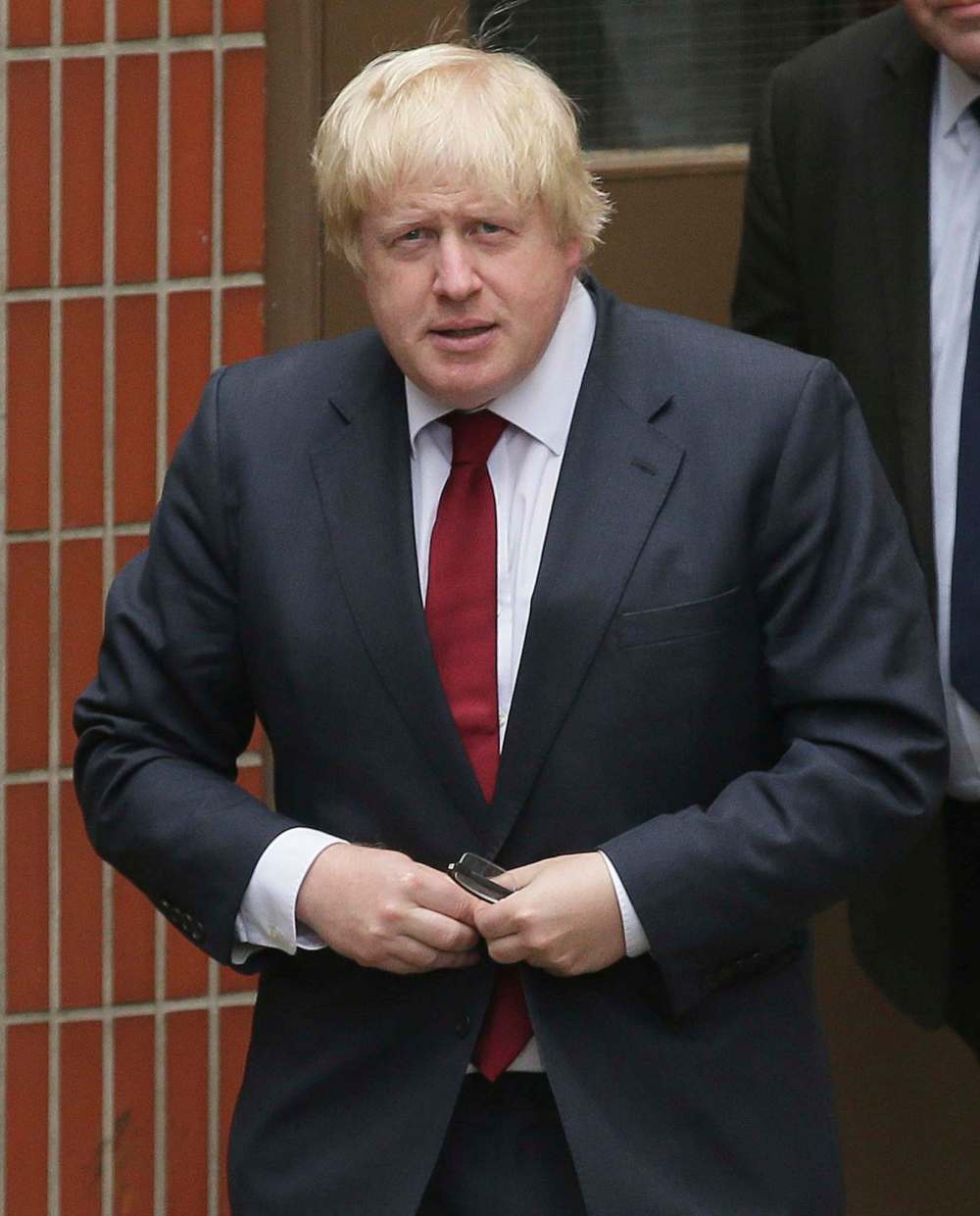Brexit wins, intellectualism loses
Advertisement
Read this article for free:
or
Already have an account? Log in here »
To continue reading, please subscribe:
Monthly Digital Subscription
$0 for the first 4 weeks*
- Enjoy unlimited reading on winnipegfreepress.com
- Read the E-Edition, our digital replica newspaper
- Access News Break, our award-winning app
- Play interactive puzzles
*No charge for 4 weeks then price increases to the regular rate of $19.95 plus GST every four weeks. Offer available to new and qualified returning subscribers only. Cancel any time.
Monthly Digital Subscription
$4.99/week*
- Enjoy unlimited reading on winnipegfreepress.com
- Read the E-Edition, our digital replica newspaper
- Access News Break, our award-winning app
- Play interactive puzzles
*Billed as $19.95 plus GST every four weeks. Cancel any time.
To continue reading, please subscribe:
Add Free Press access to your Brandon Sun subscription for only an additional
$1 for the first 4 weeks*
*Your next subscription payment will increase by $1.00 and you will be charged $16.99 plus GST for four weeks. After four weeks, your payment will increase to $23.99 plus GST every four weeks.
Read unlimited articles for free today:
or
Already have an account? Log in here »
Hey there, time traveller!
This article was published 25/06/2016 (3484 days ago), so information in it may no longer be current.
In the end, anti-intellectualism won.
“I think people in this country,” declared Vote Leave’s Michael Gove, “have had enough of experts.” This was in response to Great Britain’s “remain” campaign that had experts lined up, solid in their belief the British economy would fare better if the country remained part of the European Union.
Early Friday, it was clear that experts be damned, leaving the EU was what the majority of Britons want. With the outcome of the Brexit vote, Prime Minister David Cameron resigned and has said he will leave the unprecedented task of managing the country’s exit up to his successor, who many believe will be MP Boris Johnson, the former London mayor who campaigned heavily for the leave side.

Mr. Johnson himself was never a markedly pro-exit politician, however, he is extremely ambitious. He became a cheerleader for the leave campaign in order to situate himself as the heir apparent for the Conservative party and he was ruthless in his tactics, relying on misleading information about the cost of EU to Britain and invoking racist and anti-immigrant rhetoric. He didn’t act alone in that regard.
U.K. Independence Party Leader Nigel Farage, who was also pro-exit, fuelled antagonisms toward foreigners as well. The party, founded in the early 1990s on an anti-European platform with strong anti-immigrant and anti-homosexual beliefs, has become home for neo-Nazis and supporters of the far-right who actively campaigned for the leave side. They pitched a vision that Britons can take their country back. And it sold. Much like in the United States, where presumptive Republican presidential candidate Donald Trump has won support for his pledge to “make America great again.”
Anti-immigration sentiments in both countries have hit their mark. In the United Kingdom, researchers say that between 1993 and 2014, the foreign-born population more than doubled, to around 8.3 million from 3.8 million. Many of those immigrants are from countries such as Poland, Spain, Portugal, and Italy, who came to Britain for better jobs as the economy weakened.
In the U.S., with immigration and particularly Mexican immigration pushing the number of immigrants to record highs, there are concerns about losses of jobs as well. Add to this the fear of attacks by Muslims in both the U.S. and in Europe and the U.K., with both Mr. Farage and Mr. Trump warning women are at risk of rape by Muslim men, and xenophobia became an easy sell.
In the U.K., as in the U.S., this fear of the “other” — the foreigner who can take away your job, rape your daughters, and steal your homeland — is a comforting theme. It’s an easily identified target, and for many of those who support both Mr. Trump and those who were on the “leave” side — older, white, less educated, blue collar — it’s a simplistic rationale for a failure to thrive. Blame someone else.
Now that the results are in and the process begins for the country to leave, the trending search on Google is, “What is the EU?”
It makes you wonder exactly who was voting for what Thursday and suggests it may have been more about who was voting against whom.



